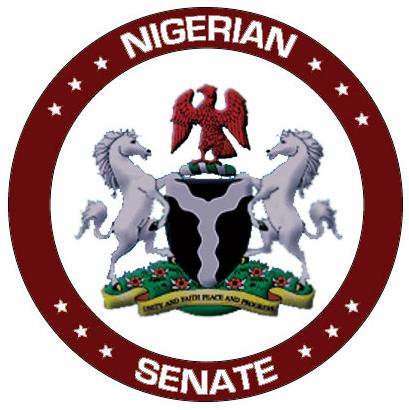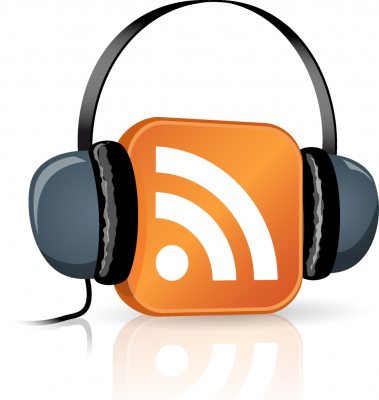The Nigerian Senate has passed the highly controversial National Health Bill 2014 into law following its third reading in the house. The aim of the bill is to establish a framework for the regulation, management and development
of the nation's health system.
The title of the bill is "A Bill for an Act to Provide a
Framework for the Regulation, Development and Management of a National
Health System.’’ It will set standards for rendering health services in the Federation and other matters connected there with.
The bill had
suffered several setbacks since it was submitted before the house by the sponsor, Sen. Ifeanyi Okowa
(PDP-Delta) who said it would the nation to achieve the Universal Health
Coverage and meet the Millennium Development Goals (MDGs) target.
According to him, the bill would not only bring remarkable
improvement in the health care sector, but it would also regulate the
practice in the sector and eliminate quacks while promoting
professionalism.
He said that the bill would provide basic health funds needed by Nigeria.
Through the bill he said the Nigerian government would contribute 1% of the consolidated revenue fund for the
development of Primary Health Care (PHC) in the country.
He said: "We all know that the primary health care is within the
purview of the local government councils, the states and the Federal
Government actually do give support programmes apart from technical
support.
"This bill also seeks to provide one per cent of the
consolidated revenue fund for the purpose of the development of the
primary health care.
"The bill is also for the purpose of providing health care insurance to certain class of people who are actually deprived.
"The 50 per cent of the one percent fund that is provided for
in clause 11 under a Basic Health Care Fund will be utilised by the NHIS
for providing health coverage.
"This will cover pregnant women, children who are under five and the elderly and physically challenged persons."
He said part of the funds will be used to equip the
Primary Health Centres (PHCs) as well as train and re-train nurses and
midwives.
"PHC is what we need in this country and we are supposed to
have at least one primary health care centre in every ward, but we do
not have well trained personnel.
"We need to train them and we need to have adequate drugs, equipment and facilities", he said
Through the bill, he said states can also participate in
improving primary health centres through a counterpart fund that would
enable them to benefit from the consolidated revenue fund.
"Fifty per cent of the fund shall be used for the provision of
basic minimum package of health services to citizens in eligible
primary or secondary health care facilities through the NHIS.
"Twenty per cent of the fund shall provide essential vaccines and consumables for eligible primary healthcare facilities.
"Fifteen per cent shall be for the provision and maintenance
of facilities, equipment and transport for PHC facilities’’, he said.
On the friction existing among professional bodies in
the health sector, the lawmaker said that the National Health Bill was
tailored to put an end to the endless crisis. It said the bill will define responsibilities and limitations of each professional body.
"It will also create opportunity for the Nigerian health
practitioners to make inputs into the annual budgets of the health
sector," he said.




























Clued-up publish! Your own recognized knowledge is excellent. Many thanks with regard to maintain me personally inform. To learn more I'll be in contact.
ReplyDeleteThanks for sharing your views - enjoyed reading your post. Please visit my page http://www.claimjusticesolicitors.co.uk/location-hemel%C2%A0hempstead-27.aspx and give me your views please.
ReplyDeleteWe fully support this important and essential initiative. The implementation of comprehensive primary care is a vital step in Nigeria's development
ReplyDelete